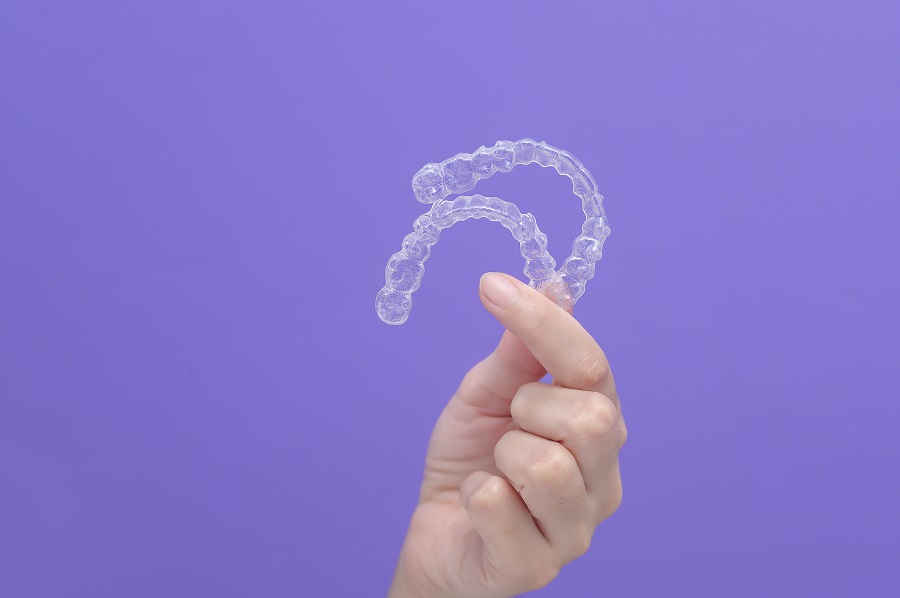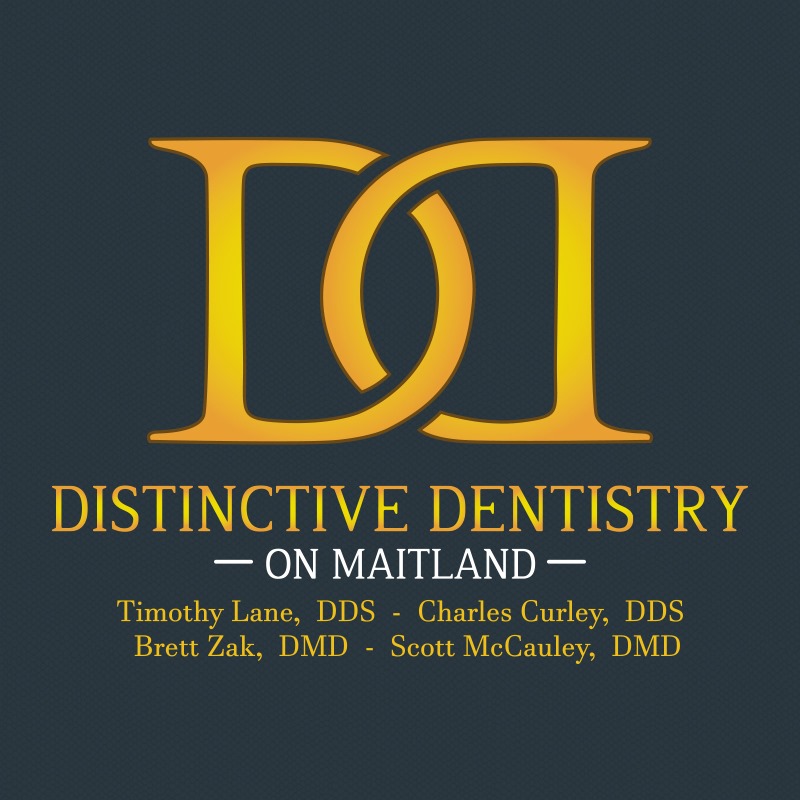Sudden Tooth Pain? Here’s What Might Be Causing It
Posted by Distinctive Dentistry on Maitland Apr 30,2023

Tooth pain can be sudden or lingering, sharp or dull. It can come and go, or it can be constant. Sudden tooth pain can be alarming, but in most cases, it’s simply a sign that something doesn’t feel right.
Temperature sensitivity
Teeth are very sensitive to changes in temperature. When cold foods and drinks come into contact with the teeth and gum line, it can cause tooth pain. Sensitivity to hot foods and beverages typically happens because the enamel has eroded over time.
Talk to your dentist for more information on why your teeth may be sensitive to hot and cold temperatures. They can help you determine the cause of your sensitivity and suggest ways to protect your teeth from extreme temperatures.
Gum recession
During your checkup and cleanings, your dentist will check for gum recession. This involves measuring how much gum tissue covers the tooth roots. If the recession is significant, it could cause sensitivity to hot or cold temperatures. This sensitivity manifests as a sharp pain in one or more teeth when you eat or drink something cold or hot. With severe gum recession, you may notice your entire mouth being sensitive to temperature extremes.
Erosion
A portion of the enamel on a tooth has worn away, and this can cause sudden pain when the dentin is exposed. The dentin is softer than enamel and can irritate the nerves inside the tooth. This erosion could be caused by frequent exposure to acidic foods and drinks, such as soda and fruit juices. It can also be caused by brushing too hard, grinding your teeth, or even acid reflux disease. In some cases, if caught early enough, the tooth can be restored with a filling. In more advanced cases, a dental crown might be needed to protect the tooth and restore its appearance.
If left untreated, the gums can recede to the point that the root of the tooth becomes exposed. This can lead to pain and tenderness when eating hot or cold foods and beverages because the root is now sensitive to temperature extremes. Your dentist can help restore any lost gum tissue and prevent further damage with gum grafts.
Cavity
When a cavity occurs, bacteria have penetrated the outer enamel layer of the tooth and have begun to nurture inside the soft inner pulp chamber of the tooth. If the decay isn’t stopped there, the infection will eventually reach the blood vessels and nerve tissue housed within the pulp chamber. The bacteria will then begin to excrete toxins which will begin to break down the bone surrounding the affected tooth and cause substantial pain. At this point, a dentist will need to perform a root canal in order to relieve the pain and save the tooth from further damage. In the case of a sudden onset of tooth-related pain, it is likely due to the presence of a cavity.
Gum infection
Gingivitis is a mild form of gum disease that can usually be reversed with a regular oral health regimen and professional cleanings. Some patients experience symptoms like gum redness and swelling without having any other signs or symptoms of gingivitis. This can make it tough to diagnose on your own, so it’s best to see your dentist every six months for a professional cleaning and oral exam.
Cracked tooth or crown
When a tooth is cracked, patients may experience a sudden, sharp pain in or around their mouth. This pain can be extremely severe and last for days or weeks at a time. If you notice this pain in your teeth after you’ve eaten something hot or cold, then your tooth may be sensitive due to a crack or cavity.
In order to help treat this issue, your dentist may need to fill or cover the tooth with a dental crown. Many people simply need a crown to cover over a crack or chip in their teeth, but if decay is also present, then this treatment becomes necessary to prevent further damage to the tooth.
Sinus infection
A sinus infection can cause tooth pain for a few reasons. First, the infection itself causes inflammation in the gums and tissue around the teeth. This inflammation can result in sinus pain and pressure, which radiates to the teeth as well. And secondly, the sinuses are located just behind the eyes, nose, mouth, and cheekbones – so if part of the area is blocked off by a sinus infection, it can exert pressure on the jaw, causing it to ache.
If you’re experiencing tooth pain or discomfort that you believe to be related to your sinuses, it’s a good idea to make an appointment with your dentist.
Jaw clenching
Do you have frequent jaw pain? Do you often wake up with a headache or a sore jaw? You may be grinding your teeth at night while you sleep. We can fit you with a custom night guard to protect your smile from wear and tear caused by teeth-grinding. Your custom night guard will fit comfortably over your teeth and prevent you from clenching your jaws during your sleep. With proper treatment, your jaw pain will be significantly reduced.
To find out more about the dental services we offer at Distinctive Dental on Maitland, call (407) 830-9800 or schedule your consultation online. You can also visit us at 609 Maitland Ave STE 1, Altamonte Springs, FL 32701.
More Blog Posts
Office Hours
MON - TUE7:00 am - 3:00 pm
WED7:00 am - 5:00 pm
THU7:00 am - 3:00 pm
FRI8:00 am - 12:00 pm
SAT - SUNClosed










